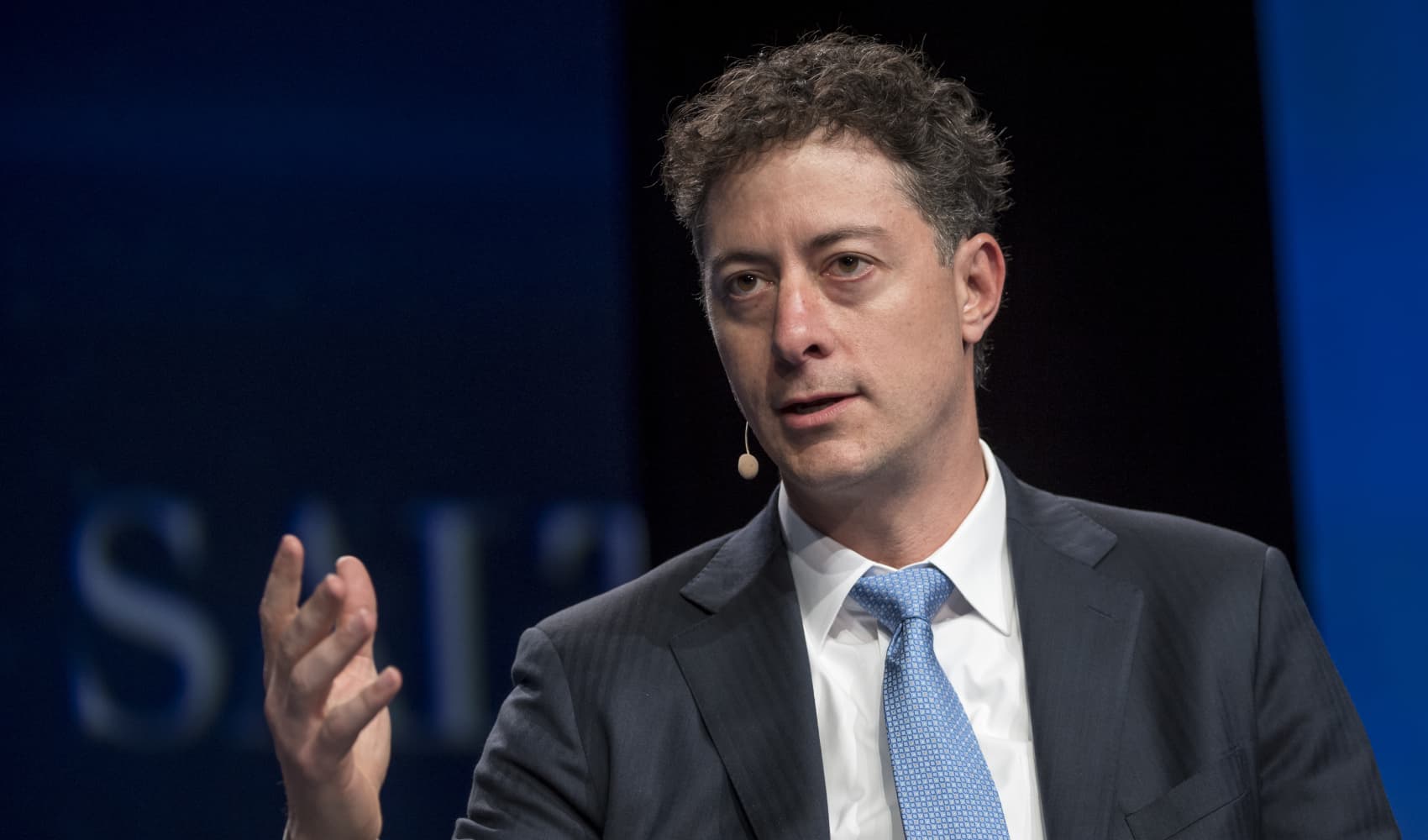
On paper, it seems like married couple Anushka, 31, and Fernando, 30, have made it.
The couple, both immigrants from Sri Lanka, each earn $135,000 a year and live fairly comfortably in San Diego, they recently told Ramit Sethi on his "I Will Teach You to Be Rich" podcast. Their last names were not used.
They have no debt, $253,000 invested for retirement and $100,000 in cash savings. But they still constantly feel stressed and often wind up arguing over money.
"Money is just the scariest thing to me," Fernando said on the podcast.
We're making it easier for you to find stories that matter with our new newsletter — The 4Front. Sign up here and get news that is important for you to your inbox.
Sethi told them their conscious spending plan — Sethi's budgeting template that his guests fill out to show where their money goes each month — is one of the best he's seen on his show. By Sethi's standards, they're not overspending on housing. They're also sufficiently saving for short and long-term goals, and they're not burdened with debt payments, according to Sethi.
So what's the problem?
"We know it's not the numbers. It's something else," Sethi said.
Money Report
Anushka and Fernando's complicated relationship with money impacts what they do with their paychecks and how they feel about their overall financial position.
'We spend way too much money saving'
Unlike many of the couples that come on Sethi's show, Anushka and Fernando don't have a debt problem — they don't have any debt at all. And their fixed costs, including rent, transportation and groceries, are within Sethi's recommended range of 50% to 60% of their monthly income.
But the couple still disagrees over where their money goes. Anushka, who primarily handles the couple's financial planning, wants to invest aggressively for the future. Fernando isn't so sure.
"We spend way too much money saving, and just based on my experience, that money can evaporate," Fernando said.
The couple puts about 15% of their combined monthly income toward saving for emergencies, vacations and a house. They invest an additional 22% in their retirement and brokerage accounts.
Fernando said they're stashing away too much money for a few reasons. First, he is skeptical of investing and considers it as risky as gambling. Second, he's pessimistic about the future in general, not expecting to live long enough to need or even want a well-funded retirement. He also feels restricted when Anushka wants them to cut back on things like dining out to meet their ambitious saving and investing goals.
Unlike her husband, Anushka is concerned about having enough money in the future so they can stop working if they have to or want to.
"If the two of you cannot come to a shared vision on money — including investments, saving, spending, family, the big stuff — you will constantly be perpetuating the pattern that you currently have," Sethi told them.
Trust the process, not their trauma
Anushka and Fernando lack trust when it comes to money but not when it comes to trust in each other. Fernando doesn't trust the stock market or even his own savings because he knows how quickly money can disappear in the event of an economic downturn or personal crisis. Anushka doesn't quite trust that the couple will ever have enough money to feel secure.
To Sethi, both of these attitudes are just stories they're telling themselves that aren't based on real evidence. "As humans, we love our stories, and stories trump proof almost every day," he said.
Although it's possible that the stock market could crash or an emergency could wipe out their savings, Anushka and Fernando have prepared to the best of their ability.
These stories are costing the couple, Sethi said. Fernando's resistance to investing has cost him valuable gains, while Anushka's money anxiety has cost the couple valuable experiences and comfort they can realistically afford.
Breaking down their numbers and talking through their past experiences and feelings helped the couple realize they have the money to meet all of their priorities, and they can make adjustments if and when those priorities change.
Sethi used a compound interest calculator to show the couple that if they continue to invest around $43,500 a year on top of their $250,000 principal with a 7% return rate, they could have over $9.1 million invested by the time they're about 65.
He then showed them how they could cut that annual investment in half and still wind up with $5.88 million in 35 years, plus have thousands of extra dollars to play with each month. That could mean sending more money to help out Fernando's family or enjoying a vacation here and there.
Financially speaking, Anushka and Fernando are setting themselves up for success in the future. But they have more room than they think to start enjoying the wealth they've built for themselves now, Sethi said.
"I truly thought we were doing the bare minimum when it came to saving and investing, and [Sethi] showed me how that was not the truth," Anushka said.
Check out the full episode here.
Want to be a successful, confident communicator? Take CNBC's new online course Become an Effective Communicator: Master Public Speaking. We'll teach you how to speak clearly and confidently, calm your nerves, what to say and not say, and body language techniques to make a great first impression. Sign up today and use code EARLYBIRD for an introductory discount of 30% off through July 10, 2024.
Plus, sign up for CNBC Make It's newsletter to get tips and tricks for success at work, with money and in life.






